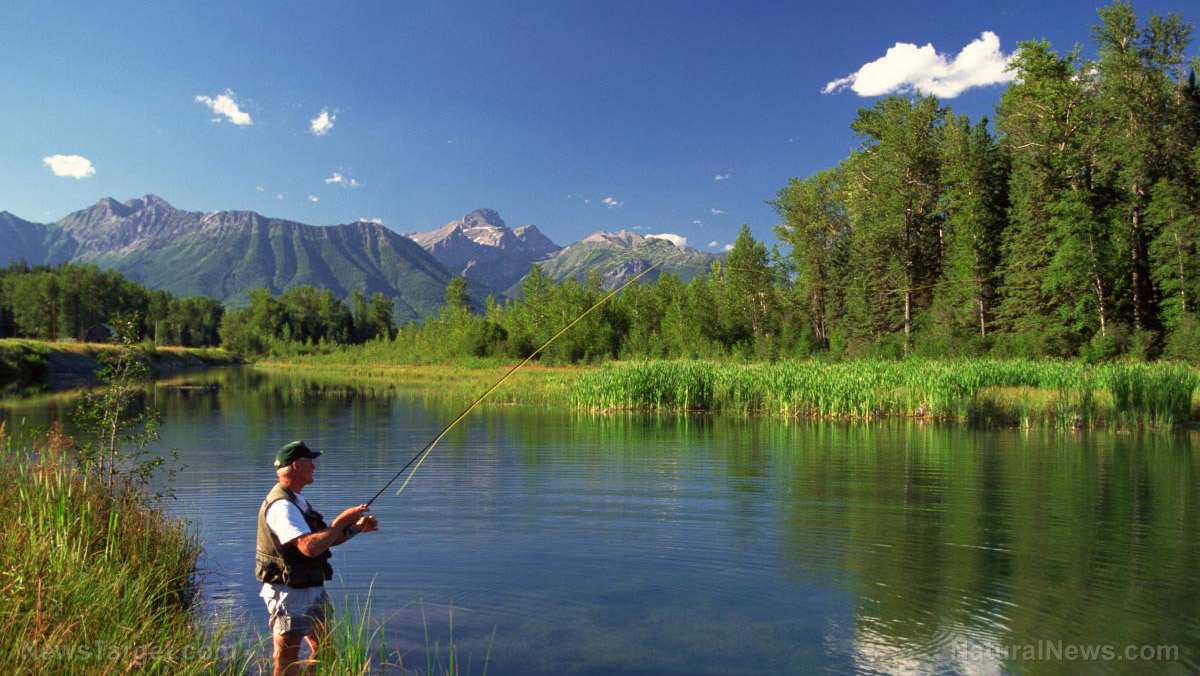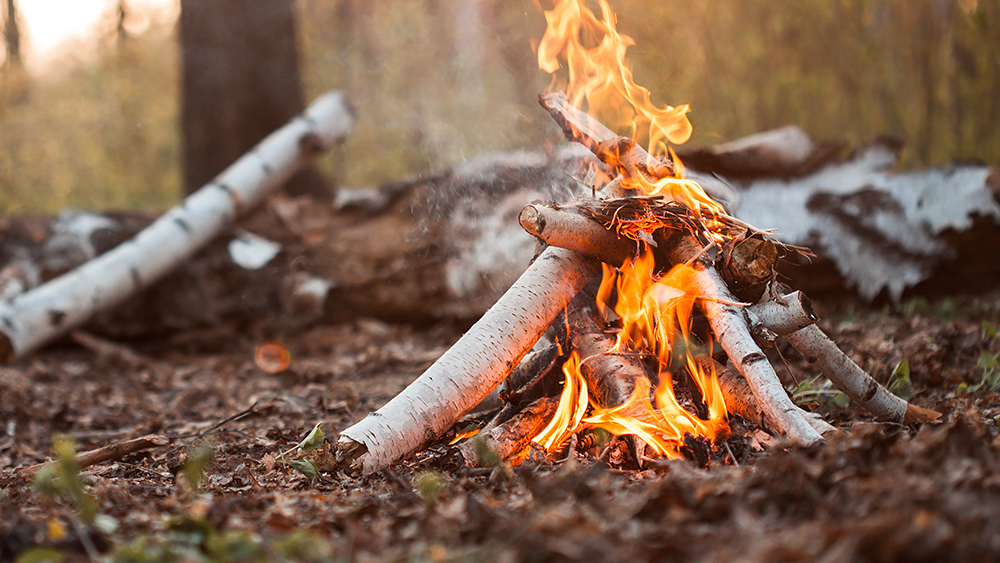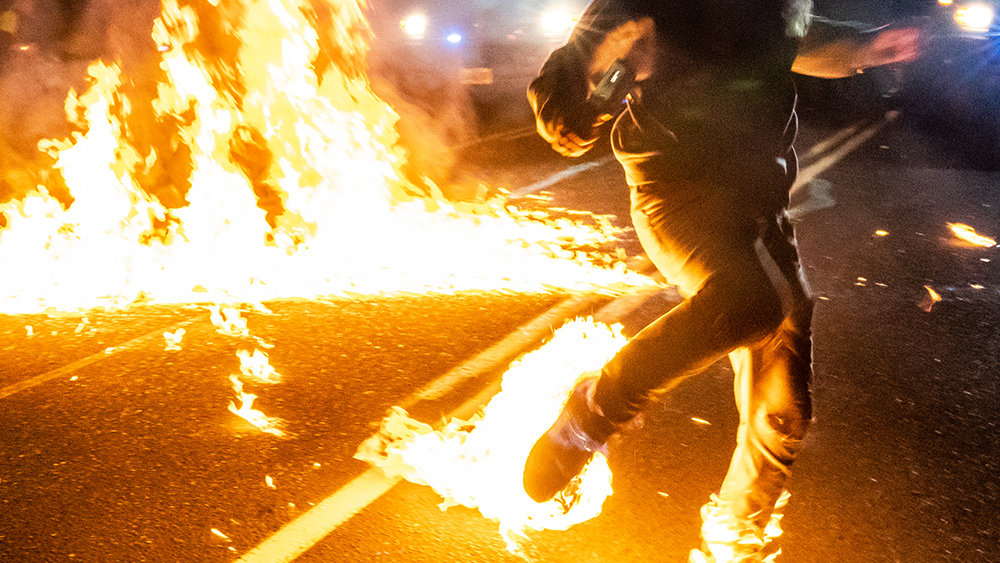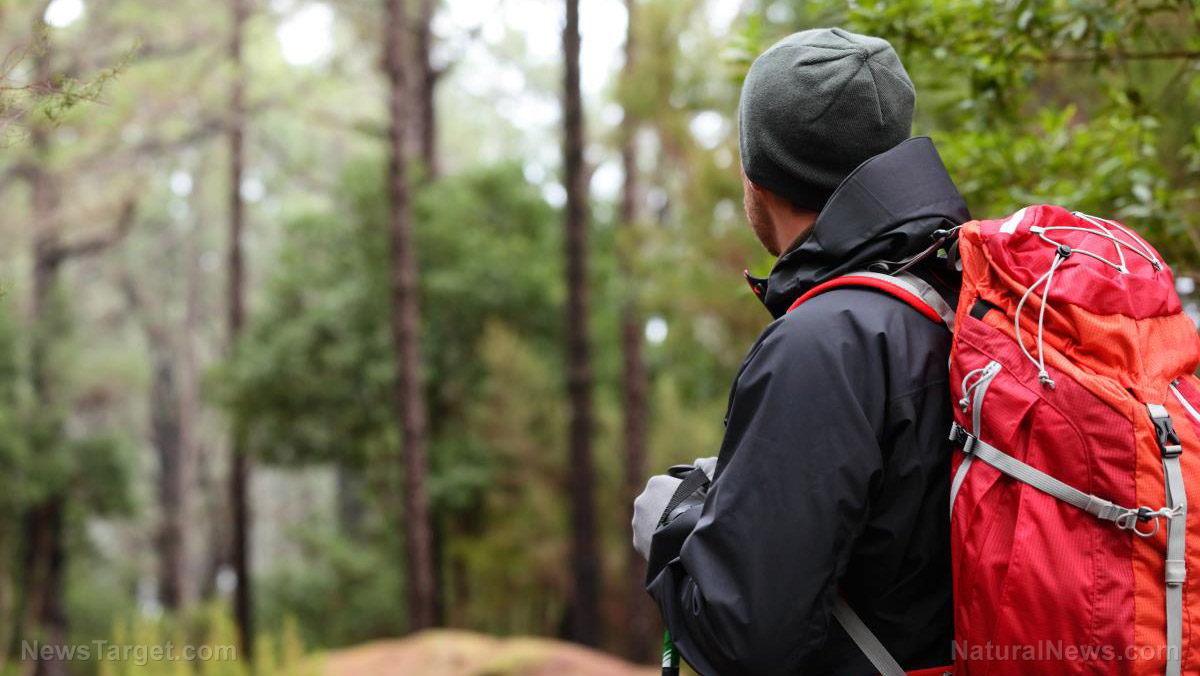
When it comes to prepping, it is not enough to just know what to do in survival scenarios. There are several skills you must learn to become an effective prepper. Here are seven skills that successful preppers possess. (h/t to Survivopedia.com)
1. Staying organized
Being organized can increase your chances of surviving and thriving, especially in situations where you only have a few minutes to get prepared and go. Organize your response plans and preparedness kit and have an inventory of your items and replace them when they expire. Practicing your plans several times can also help you be familiar with them and prevent you from scrambling off or being disorganized in emergency scenarios.
2. Staying fit – both mentally and physically
As a prepper, you need to be mentally and physically fit to survive and help others during emergencies. No matter how much expensive gear you have, if you’re not fit, you aren’t prepared for a disaster. Running can help you stay fit. You may also want to consider taking a combat class, such as boxing or karate. Learning combat skills is useful so you can defend yourself when you need it. In terms of mental fitness, find a group of people who may (or may not) share the same feelings as you, so that you can exchange ideas or concerns. Being part of a community and socializing is good for your mental health.
3. Performing regular risk assessments
To be an effective prepper, you need to conduct regular risk assessments to find out the risks relevant to you and your region, and how likely they occur. Stay updated on news for weather updates, politics, and dangerous situations in your area and in the world. As you recognize threats, you should also come up with a plan to avoid or neutralize them.
4. Being aware of your environment
Being aware of the situation or environment is an important skill for a prepper. Follow local news, weather, and current events to find out what’s going on. This will help you react sooner and faster.
5. Managing your time and income
To be an effective prepper, don’t try to do everything all at once. Instead, manage your time and income to cover all possibilities. Create a plan to increase your preparedness slowly, but surely. Prioritize your tasks and the items you need by importance and focus on various areas each month. This will keep you motivated instead of feeling overwhelmed by the scale of your preparations.
6. Learning new skills
Effective preppers always strive to learn new knowledge and skills to keep improving themselves. Hastening your skills and learning new things can help increase your likelihood of survival. You can look for online courses, attend a local college or cooperative, or join a community of preppers to learn new skills.
7. Doing something
It is not enough to just know how to survive or be updated on what’s happening, you also need to practice your skills. If you want to be an effective prepper in a survival scenario, you must gain hands-on experience beforehand. For example, you got stranded in the woods. It is easy to say that you will build a fire to signal for rescue and catch some fish, but have you ever caught a fish with a makeshift spear? Do you know how hard it is to build a fire without a lighter or matches? Practicing what you’ve learned won’t overwhelm you when the time comes, which can lead to a lack of action. (Related: 10 Survival skills everyone needs to know.)
Visit Survival.news to learn more skills that will help increase your chance of survival.
Sources include:
Please contact us for more information.





















